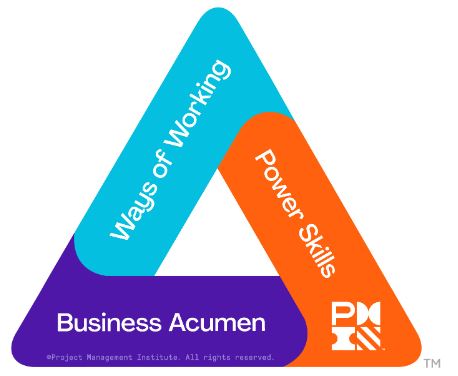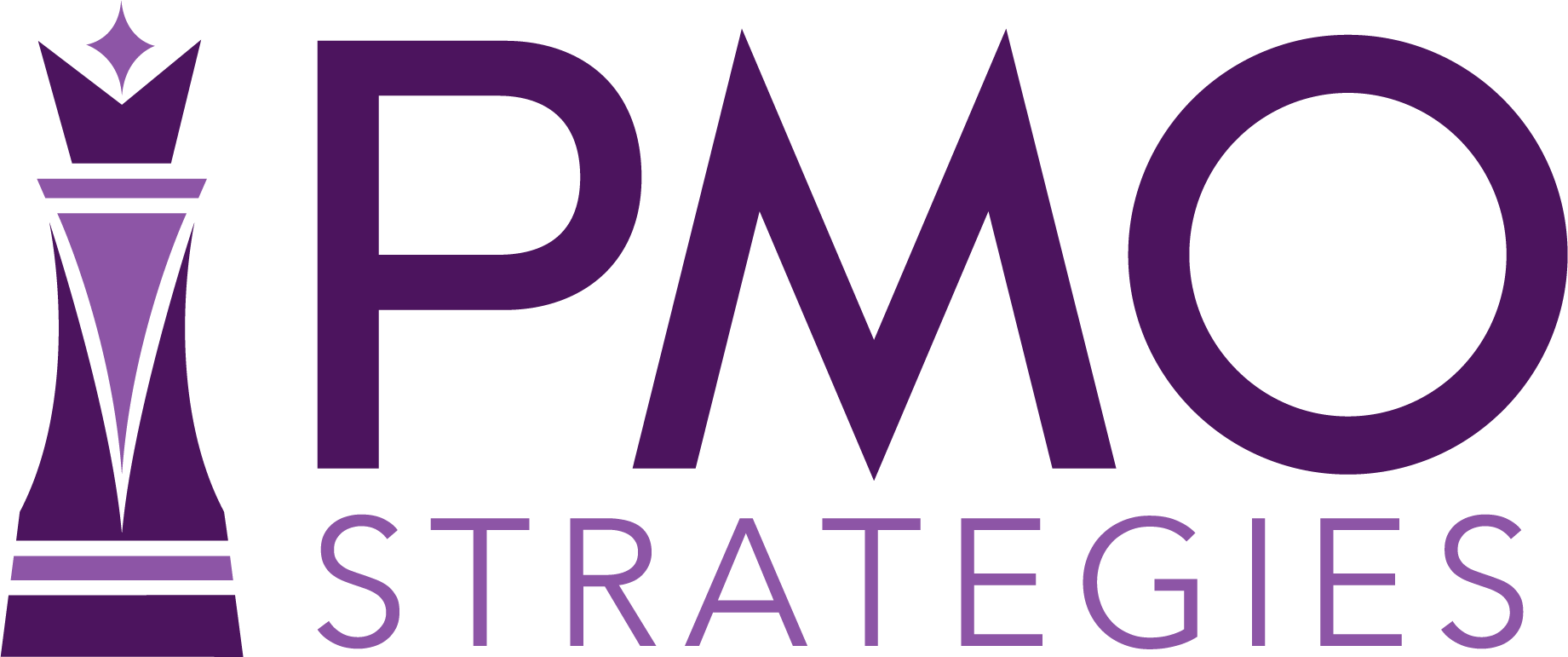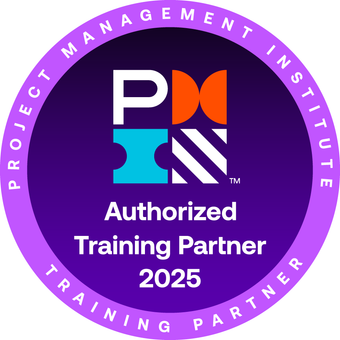Welcome to the PMO Strategies Podcast + Blog, where PMO leaders become IMPACT Drivers!

PMI Talent Triangle: Business Acumen
Most PMOs don’t fail because they lack effort or resources. They fail because they aren’t delivering real business value.
Too often, PMOs focus on perfecting governance frameworks, templates, and dashboards—without ensuring that projects actually contribute to the organization’s strategic objectives. The result? Executives lose confidence, investment decisions become political, and the PMO is seen as an administrative burden rather than a business enabler.
In this episode of the PMO Strategies Podcast, I sit down with Stephen Jenner, a global expert in Portfolio and Benefits Management, to explore why so many PMOs struggle—and, more importantly, how to shift the focus from process to IMPACT.
Why Most PMOs Are Set Up to Fail
The traditional PMO model is often built around governance, compliance, and process perfection. While structure is necessary, it’s not enough.
📌 What’s wrong with the traditional approach?
✅ Process obsession – Too much focus on templates and dashboards, not enough on actual results.
✅ Lack of transparency – Investment decisions are often made behind closed doors, leading to misaligned priorities.
✅ Project success vs. business success – Completing projects on time and on budget is important, but if they don’t drive business value, does it really matter?
As Stephen Jenner explains, “If the money doesn’t start flowing in a different direction, you haven’t made an IMPACT.”
The Shift from Project Outputs to Business Outcomes
PMOs that thrive take a different approach: They focus on business IMPACT, not just project execution.
To make that shift, consider these key principles:
✔ Engage Executives in Decision-Making – A PMO’s job isn’t to make investment decisions—it’s to facilitate better ones. That means providing leaders with clear, data-driven insights on where resources should be allocated.
✔ Rethink Investment Criteria – Just because a project was approved last year doesn’t mean it should continue today. Regular investment reviews ensure that resources go to the highest-value initiatives.
✔ Measure Success Differently – Instead of tracking project completion rates, PMOs should measure strategic IMPACT. Are the initiatives you’re managing delivering real benefits to the organization?
The Role of Transparency in PMO Success
One of the most common mistakes PMOs make is failing to make decision-making transparent.
When executives don’t have visibility into project dependencies, resource constraints, and trade-offs, they end up approving too many initiatives—leading to bottlenecks, inefficiencies, and underwhelming results.
👉 The best PMOs make the investment process clear, structured, and aligned to business priorities. If you can’t show exactly how your projects are contributing to strategic success, why should executives continue investing in them?
The Future of PMOs: Less Admin, More Strategy
The best PMOs don’t just manage projects—they shape business strategy.
💡 Ask yourself:
✅ Is our PMO influencing how the organization invests its resources?
✅ Are we focused on business outcomes, or just project tracking?
✅ Do executives see the PMO as a strategic partner—or an overhead function?
If your PMO isn’t delivering real IMPACT, it’s time to rethink your approach.
👉 Press play to uncover your AI advantage.
 Connect with Stephen Jenner
Connect with Stephen Jenner
 Hey there, IMPACT Driver!
Hey there, IMPACT Driver!
Thanks for taking the time to check out our podcast and blog.
I welcome your feedback and insights!
I’d love to know what you think and if you love it, please leave a rating and review in your favorite podcast player.
You can also complete this survey to tell us more about you and get my advice on how to take your next steps toward high-IMPACT!
Warmly,
Laura Barnard









